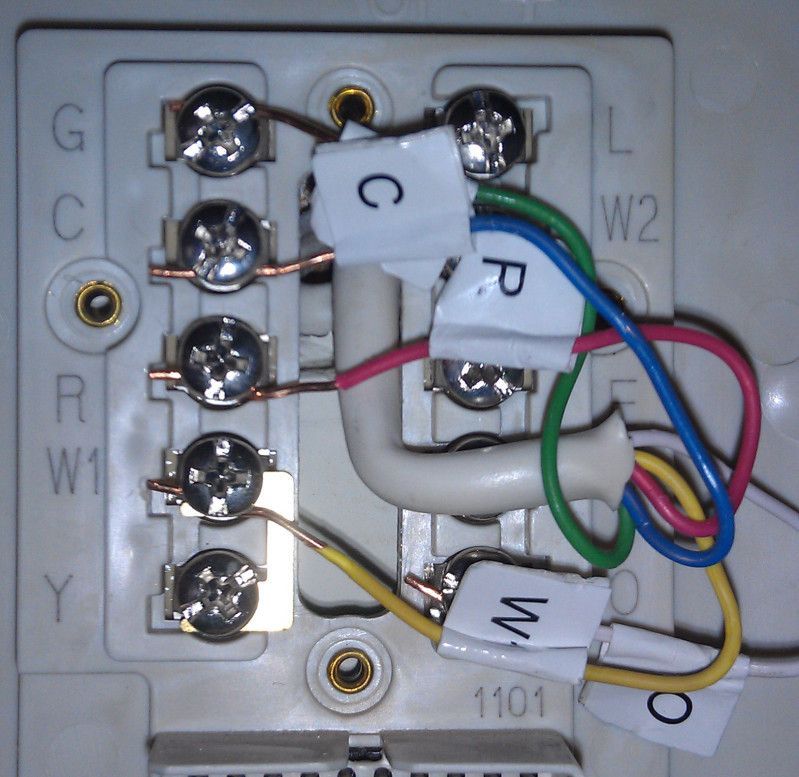When it comes to understanding the intricacies of electrical systems in appliances or machinery, having access to a Lux T101141 Wiring Diagram can be incredibly helpful. This diagram provides a visual representation of the electrical wiring in a specific device, making it easier to identify components and troubleshoot any potential issues.
Why Lux T101141 Wiring Diagrams are Essential
- Helps in understanding the layout of electrical components
- Aids in troubleshooting electrical problems
- Ensures proper installation and maintenance
How to Read and Interpret Lux T101141 Wiring Diagrams
Reading and interpreting a Lux T101141 Wiring Diagram may seem daunting at first, but with some guidance, it can become a valuable tool in your arsenal. Here are some tips to help you navigate through the diagram effectively:
- Identify the key components: Start by familiarizing yourself with the symbols and labels used in the diagram.
- Follow the flow of electricity: Trace the path of the electrical current to understand how power is distributed throughout the system.
- Pay attention to connections: Look for junction points where multiple wires meet, as these are crucial for maintaining proper electrical flow.
Using Lux T101141 Wiring Diagrams for Troubleshooting
When faced with electrical problems, a Lux T101141 Wiring Diagram can be your best friend. By following these steps, you can effectively use the diagram to diagnose and solve issues:
- Identify the problem area: Use the diagram to pinpoint the location of the faulty component or connection.
- Check for continuity: Use a multimeter to test for continuity along the wiring path to determine if there are any breaks or shorts.
- Consult the diagram for solutions: Refer to the diagram for recommended solutions or replacement parts to fix the issue.
Importance of Safety
It’s crucial to prioritize safety when working with electrical systems and using Lux T101141 Wiring Diagrams. Here are some safety tips to keep in mind:
- Always turn off the power supply before working on any electrical components.
- Wear appropriate personal protective equipment, such as gloves and safety goggles, to prevent accidents.
- Double-check your work and ensure all connections are secure before restoring power to the system.
Lux T101141 Wiring Diagram
Lux T101141 Wiring Diagram – Wiring Diagram Pictures

5 Wire Lux Thermostat Wiring Diagram / Lux Tx500 Series Installation

Lux Thermostat Wiring Diagram

Lux 500 thermostat wiring diagram
Installing new Lux thermostat, wiring help please | DIY Home

Mya Cabling: 5 Wire Lux Thermostat Wiring Diagram Parts
